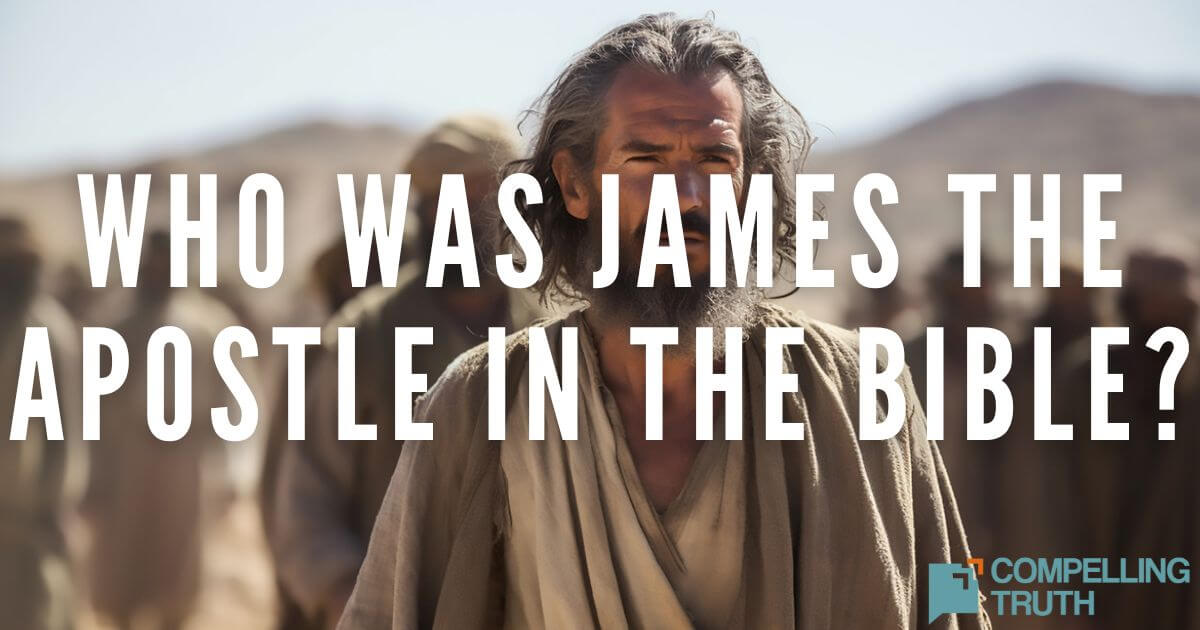Thomas was one of Jesus' twelve disciples. Thomas displayed sincere faith and a willingness to seek understanding, as seen in his questioning of Jesus regarding His departure and resurrection. When Thomas demanded proof of Jesus' resurrection, Jesus graciously provided it, leading Thomas to proclaim Jesus as his Lord and God. This episode teaches that genuine faith can come from questioning or doubt if we seek the truth and that seeking answers is a vital part of spiritual growth. Like Thomas, believers are encouraged to approach Jesus with their questions and uncertainties, trusting in His guidance and revelation through Scripture, community, personal experience, and the Holy Spirit.
Thomas was willing to follow Jesus into danger. He also asked clarifying questions and wanted evidence before believing the claims of others. Thomas’s questions did not mean that his faith was insincere. His doubt was not willful rejection of truth. Rather, he asked honest questions and investigated. Like many of us, Thomas wanted concrete evidence in order to make sense of the seemingly impossible—Jesus rising from the dead. Christians do not follow Jesus blindly or in ignorance. Believers come to the conclusion that Jesus is Lord through the Bible, the witness of other believers, personal experience of God's work in their lives, and the work of the Holy Spirit. You can approach Jesus with your doubts and questions. Jesus did not reveal everything to Thomas, but He did answer him with what he needed to know in order to follow Him. Likewise, we may not have all the answers to life, but we can turn to the Bible and pray to God in order that we may grow in knowledge and know what we need to be able to faithfully follow Jesus.




